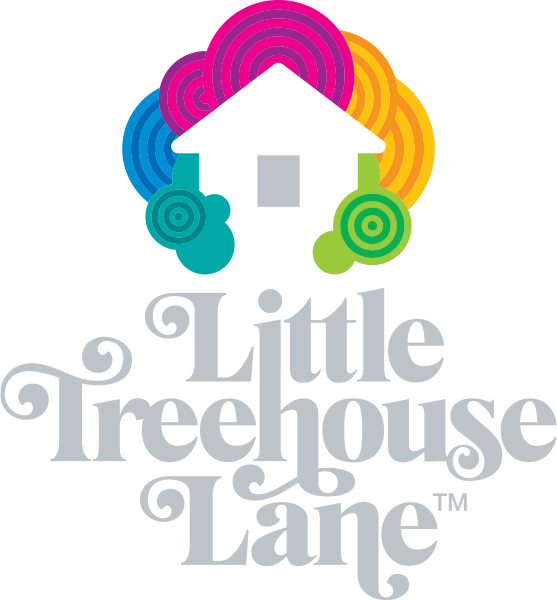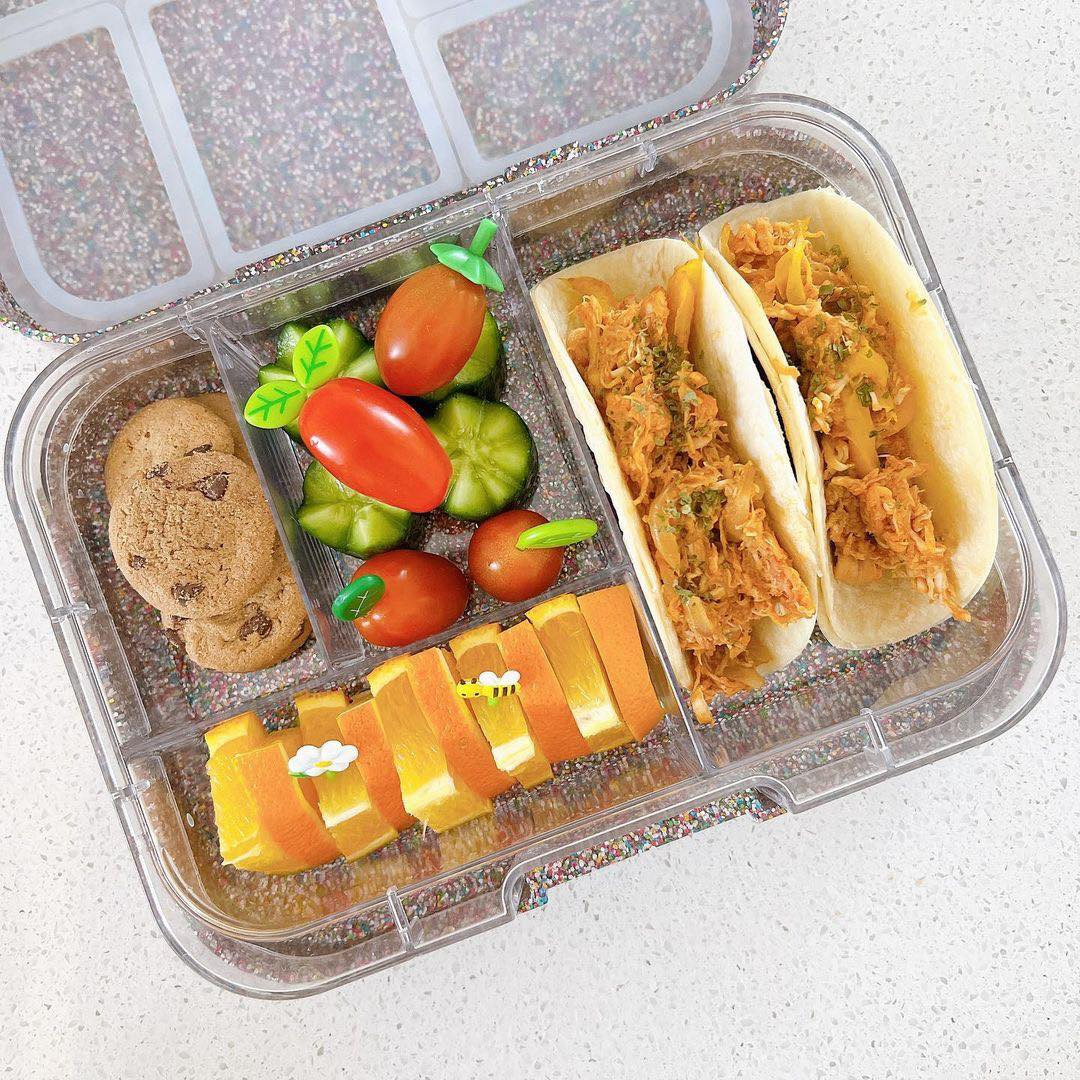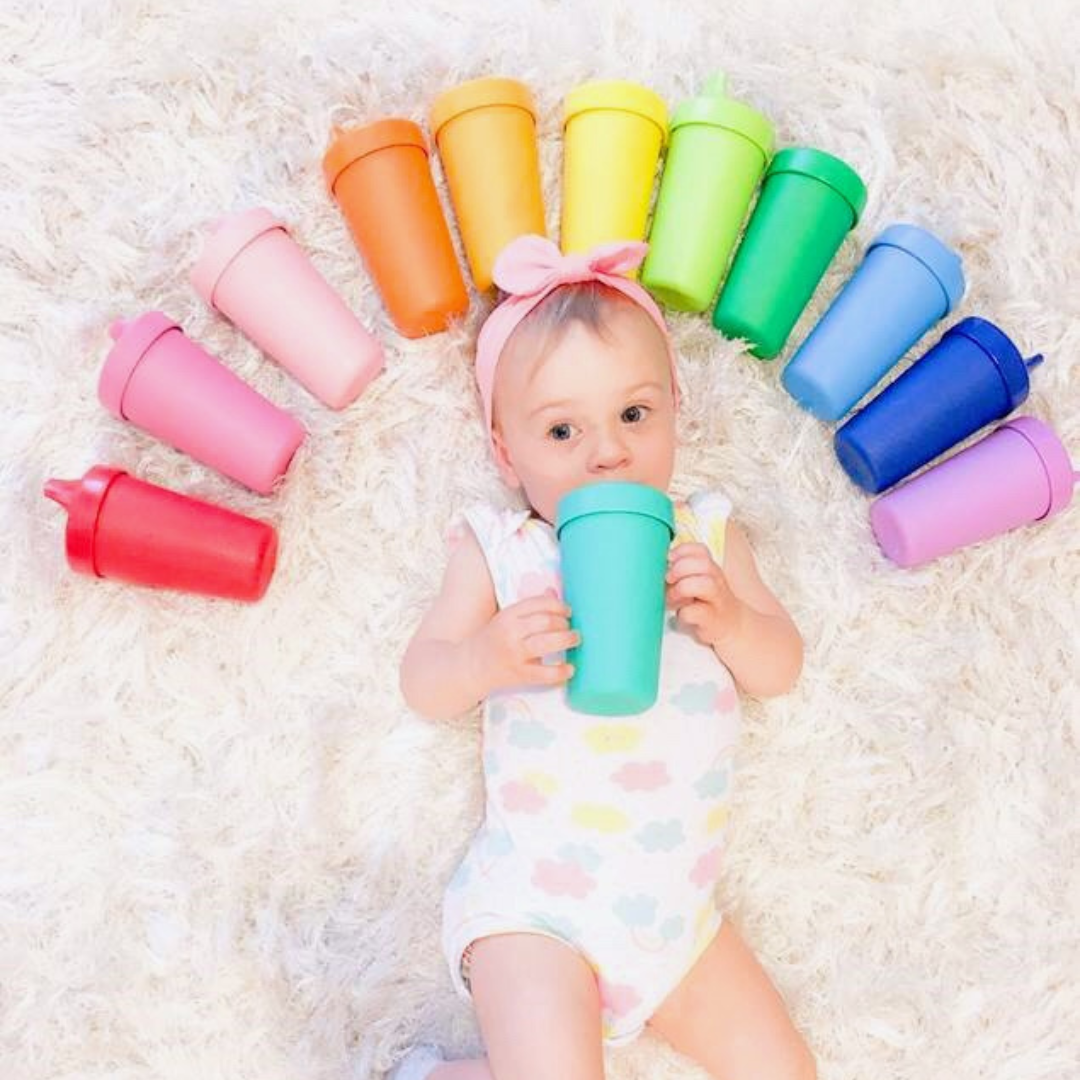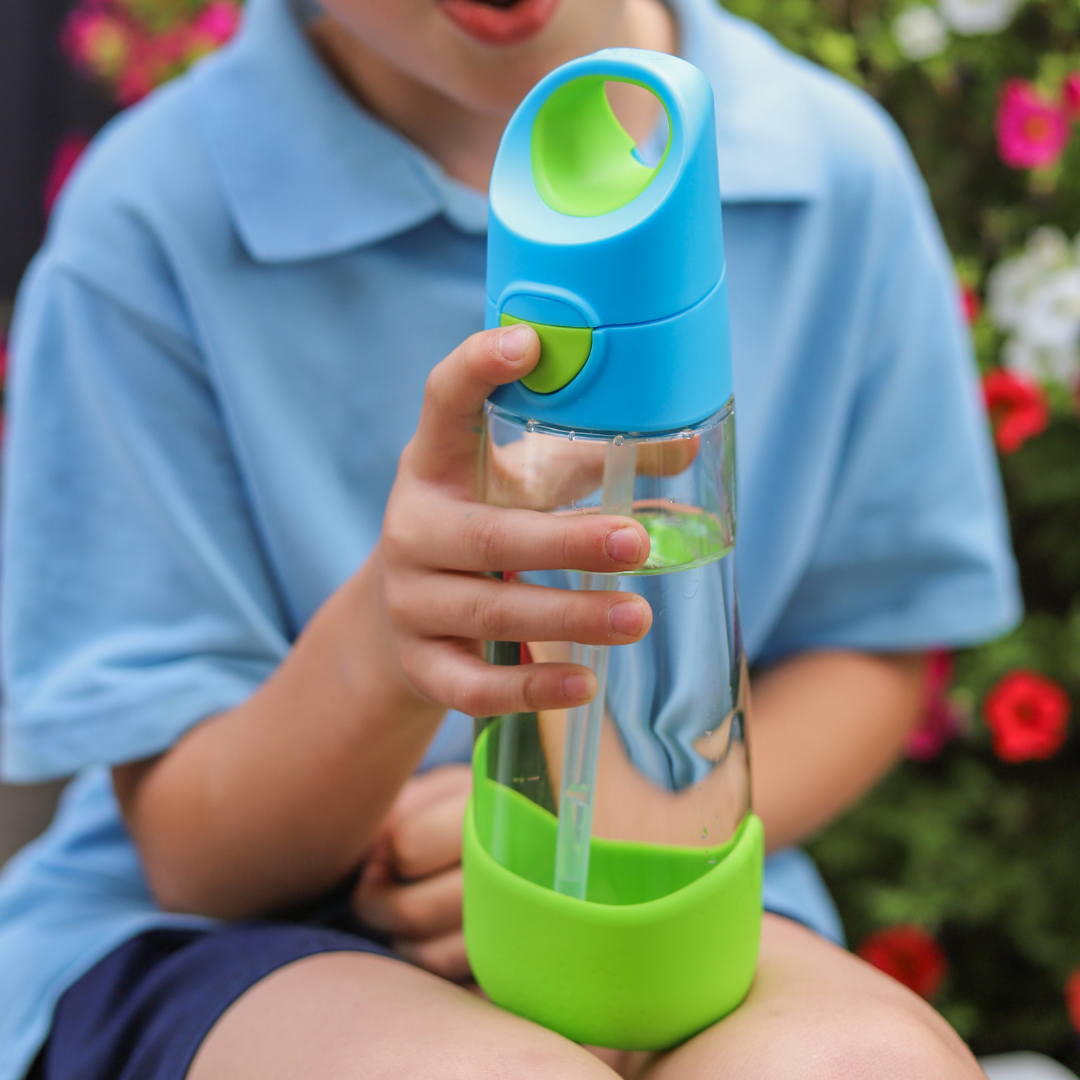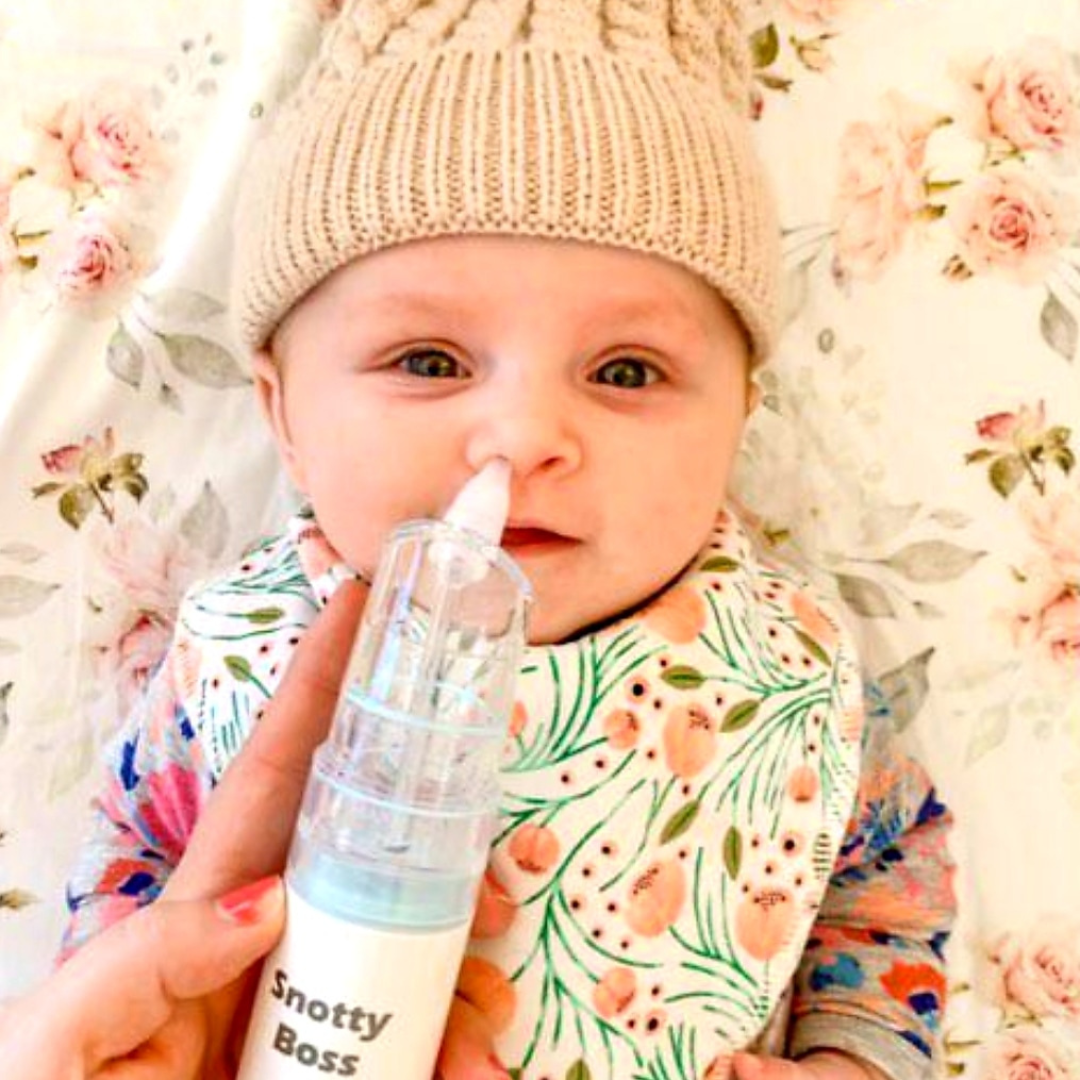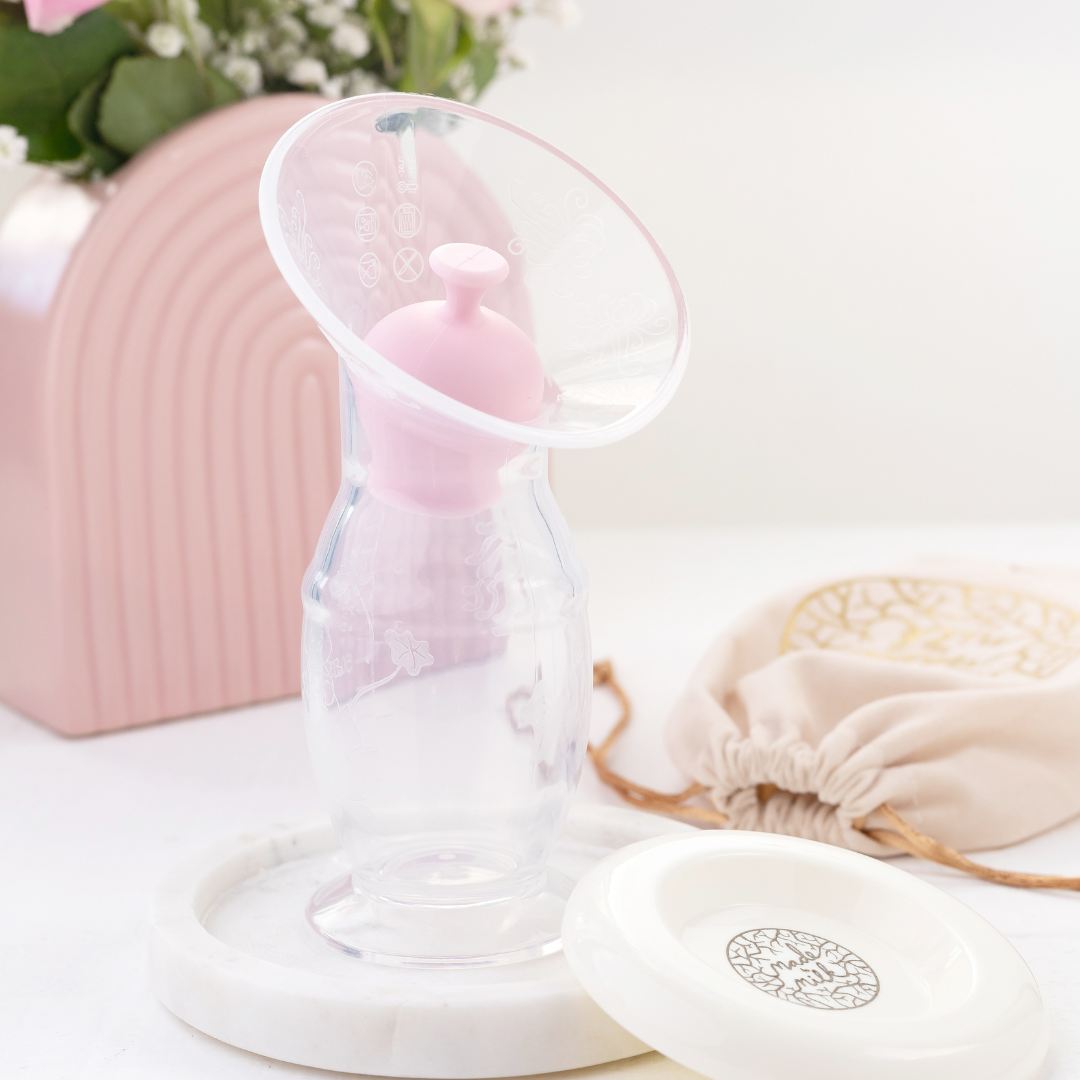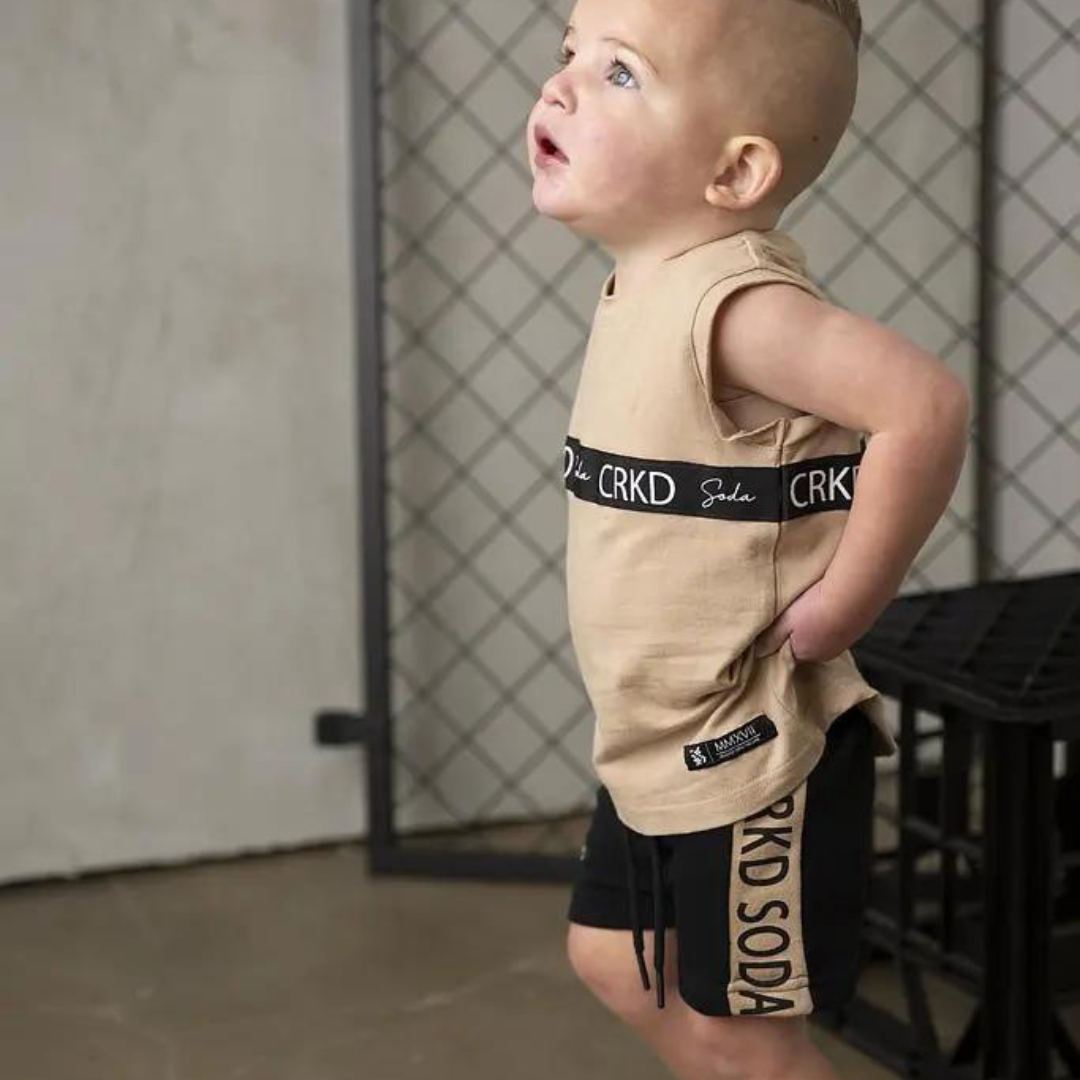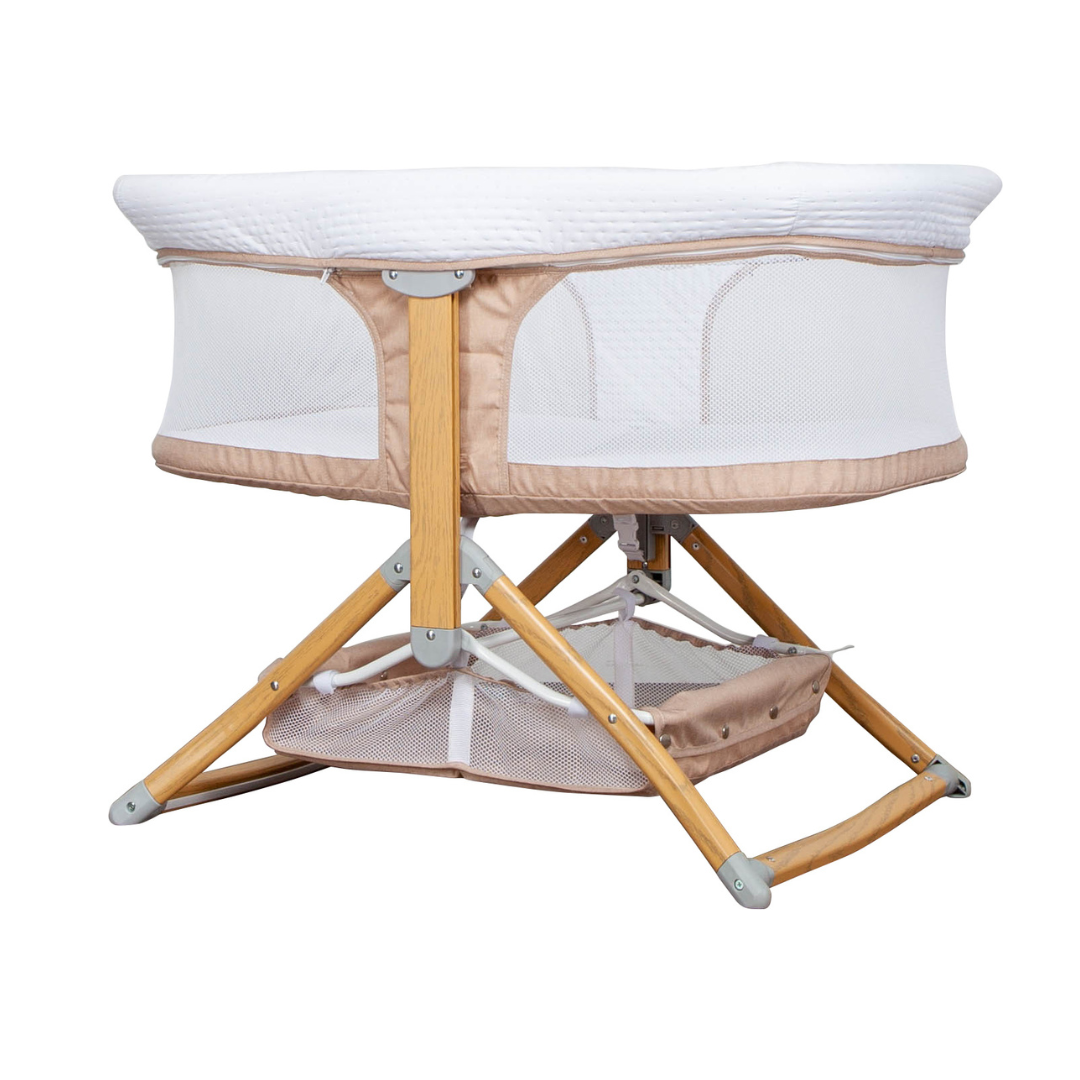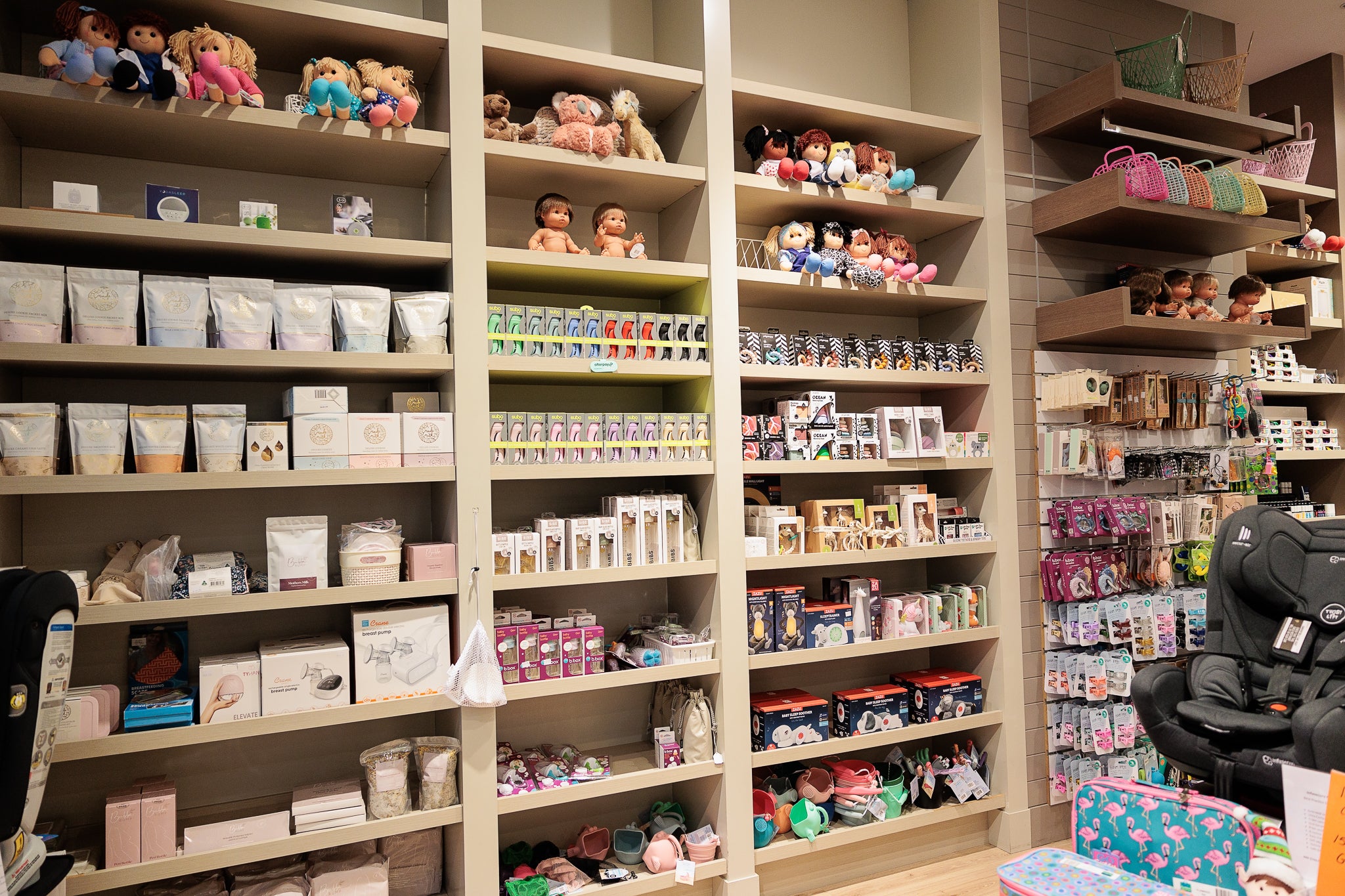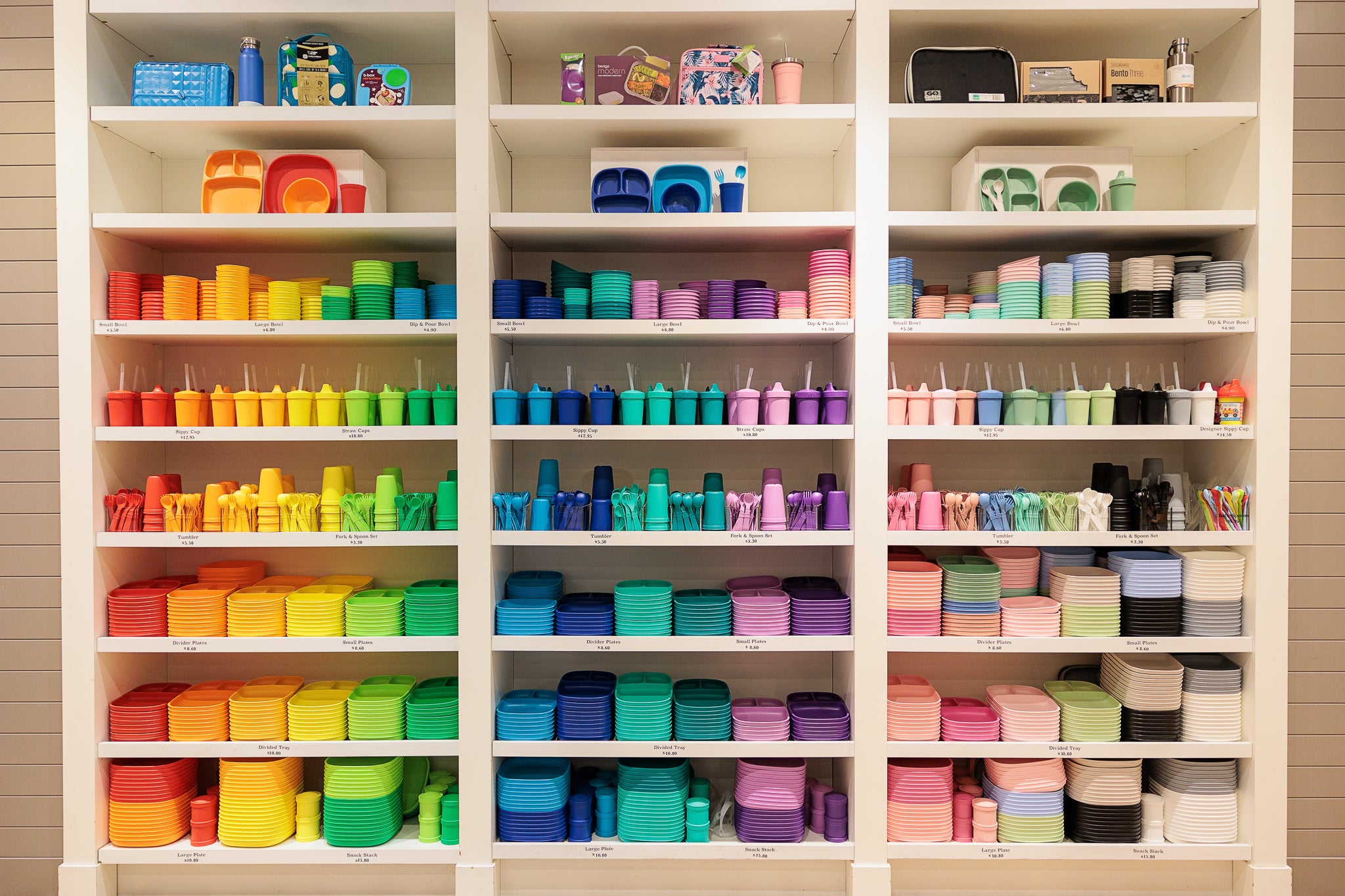Filters
Glitter Girl Make Up, Glitter and Accessories
Eco Friendly, Cosmetic quality, Vegan friendly, Cruelty free, 40% softer than plastic glitter so it feels better on the skin, Recyclable packaging, All sparkle. Zero guilt.
- We are super duper excited to share our cute new packaging with you all and share that it is all 100% recyclable.
- A little update from the Magical Unicorns here at Glitter Girl. As you know we sell Eco Glitter which is made from plants and not plastic, but we also do many things behind the scenes which ensure we leave a very light Unicorn footprint on the environment in our business.
- We design, package & market everything in house. This means we are able to control every waste and recycling aspect of our business every step of the way. By managing our full production process, we have more control over what impact our business has on the environment.
- At all possible opportunities we work with products that can be recycled or made from sustainable growth forests.
- Our containers and products are not single use. They are little gifts that are treasured by the unicorns that own them. Glitter tubs can be returned to GGHQ to be sanitised and reused for more sparkly unicorns.
- All of our packaging is either recycled or recyclable and any rubbish produced by our business is taken to the local recycling centre just over the hill each month. We are committed to reduce/reuse/recycle.
- We want to you to know that every product developed by Glitter Girl is made, packaged and distributed with the minimal amount of impact on the environment. We care about the future of our world.
- You can purchase from us knowing that our Unicorns are doing our absolute best to be a company that brings you products that make your soul sparkle, and doesn’t leave a trail of environmental darkness in its wake.
So what's the Glitter Made from?
Our Glitter products are made from plant-based film (polylactide cellulose). The material is derived from the fibers of a biodegradable and bioactive thermoplastic aliphatic polyester derived from renewable biomass, typically from fermented plant starch such as from corn, cassava, sugarcane or sugar beet pulp.
